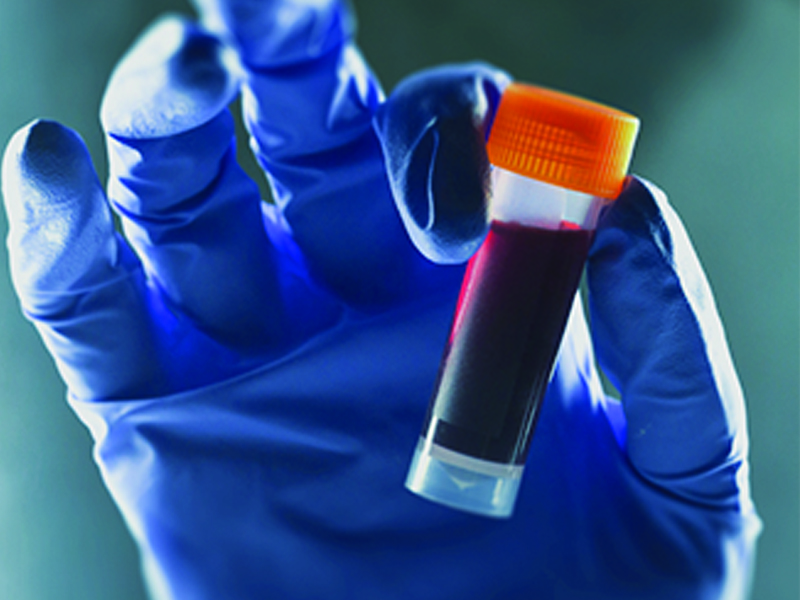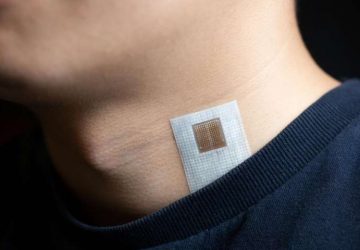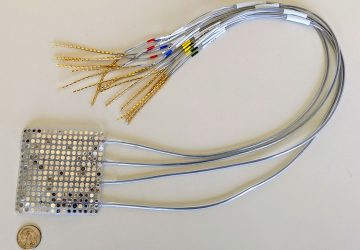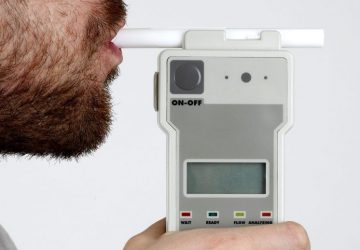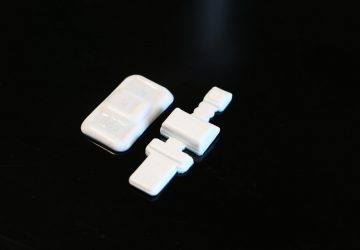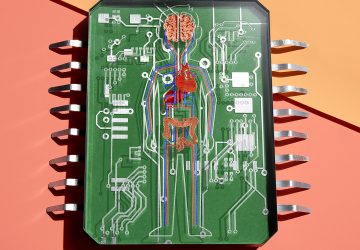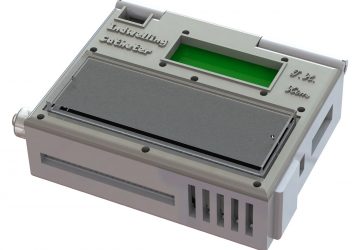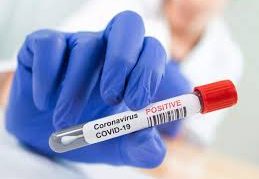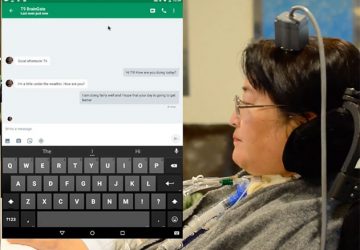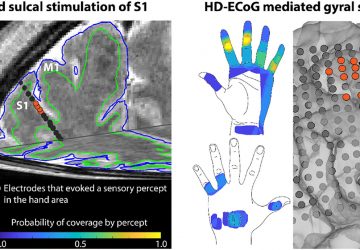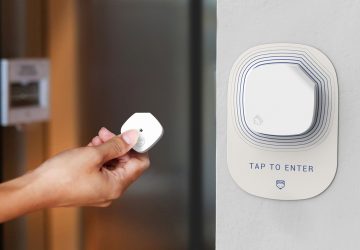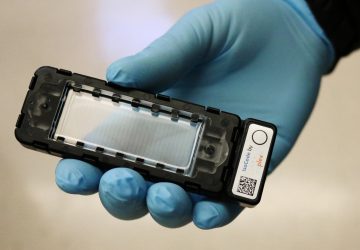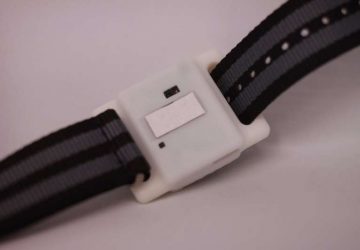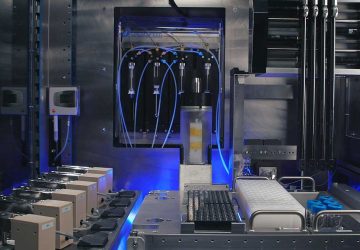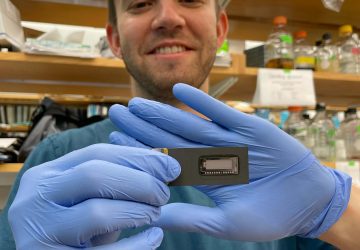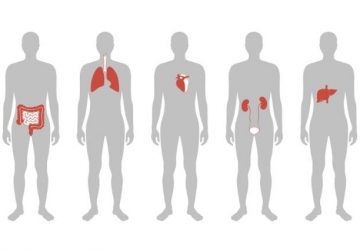In today’s marketplace, consumers have their choice of hundreds of thousands of mobile health (mHealth) apps in Apple’s App Store and Google’s android app store, Play, and EHR vendors now directly incorporate mHealth apps into their patient portals. As the technology landscape of clinical trials evolves, apps are engaging patients in new ways and in real time, thus becoming an integral part of the healthcare infrastructure.
In the end, a mobile app is only as useful as its collectable data. How will this data be reviewed throughout the study to ultimately enhance it? Researchers must engage stakeholders early to inform app development and post-trial analysis.
Pre-trial
While working with a partner to develop a clinical trial app, it’s crucial to have a very strong and specific understanding of what needs to be measured. In doing so, be sure that the app developer is able to meet standards that support the ingestion of a large volume of patient data. Apps may generate an enormous amount of raw data compared to traditional electronic clinical outcome assessment (eCOA) instruments, and it’s necessary to work closely with the app development partner early in the pre-trial process to determine how to navigate a high level of data complexity and varying data quality from patients.
A key component of data quality is determining whether there is a clinical insight that can be gathered using active tasks and built-in sensors on the patient’s smartphone, which is currently limited to gyroscope, touch screen, accelerometer and microphone sensors. Many smartphones already capture basic activity, including steps, active minutes, flights of stairs, etc., which can usually be captured with little additional technical effort.
Active tasks can be useful measurements for motor activities and cognitive skills, but don’t underestimate the amount of raw data generated by active task apps.
Active test analysis requires immense methodological rigor in the pre-trial phase:
- Research existing methods used by apps for active tasks
- Prepare data visualization
- Tool-building and experimentation
- Quality control development
- Measurement estimation
These pre-trial steps will establish a baseline and quality control metrics for the app and allow monitors to identify sources of potential error.
In-trial
Bringing the clinical trial to patients in real time ignites new hopes, but also creates challenges.
As noted earlier, it’s essential to monitor data throughout the trial (with appropriate procedures in place to prevent unblinding). Consistent monitoring throughout the trial can help identify enrollment and retention trends, which, if understood, can improve the overall efficiency of a trial.
If a trial will include data generated from an app, monitoring patients’ compliance is essential. Are patients using the app correctly? Are they using the app at all? Is someone else or a pet generating the data? Sponsors should be able to answer these questions during the trial, not just when it is over.
When reviewing data, instead of focusing solely on absolute data values, clinical researchers should consider trends over time and also look at how data end points correlate. This paints a deeper, more holistic picture of the patient, and the overall trial.
Data visualization tools built in the pre-trial process can also shed light on potential trends as well as compliance issues.
Post-trial
With adequate pre-trial preparation, the enormous volume of raw data collected from an active task app during a trial will be ready to be transformed to data visualizations and actionable insights for clinical development programs.
Be mindful of keeping adequate documentation for regulatory authorities to describe algorithms, quality control methodology and raw data transformations.
In conclusion, mHealth apps are engaging clinical trial patients in new ways every day, generating new data points and helping define a new era in patient-centricity. Yet how can this new data be optimized to make trials – and the patient experience – more meaningful? Sponsors must play a role in app development, as well as post-trial analysis. Are patients complying? What is the data telling us? Are there emerging trends that tip the balance of the trial, and pave the way for better outcomes? These considerations are crucial to the ultimate success of a mHealth in clinical trials.
To learn more, download the white paper, Mobile Apps: A 360º Guide for Clinical Trials.
Medidata is reinventing global drug and medical device development by creating the industry’s leading cloud-based solutions for clinical research. Through our advanced applications and intelligent data analytics, Medidata helps advance the scientific goals of life sciences customers worldwide, including nearly 850 global pharmaceutical companies, biotech, diagnostic and device firms, leading academic medical centers, and contract research organizations.
Source : www.fiercebiotech.com

